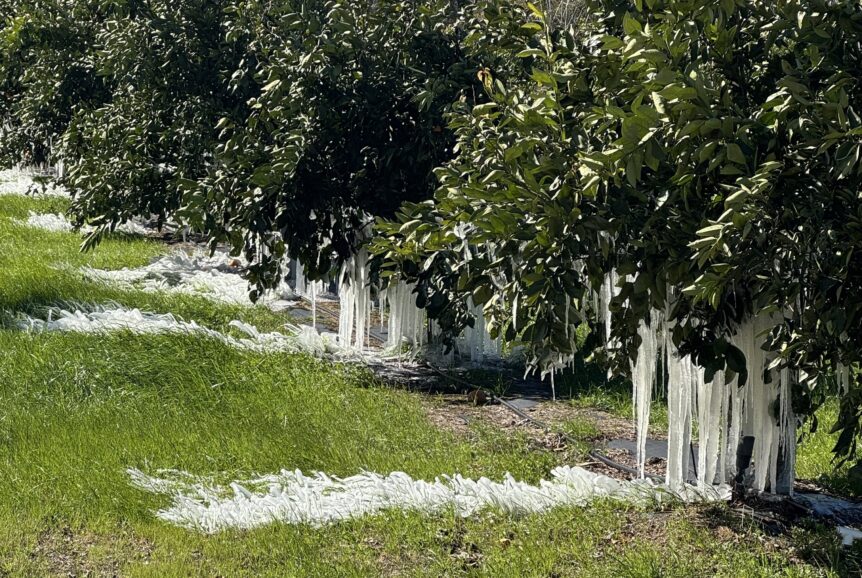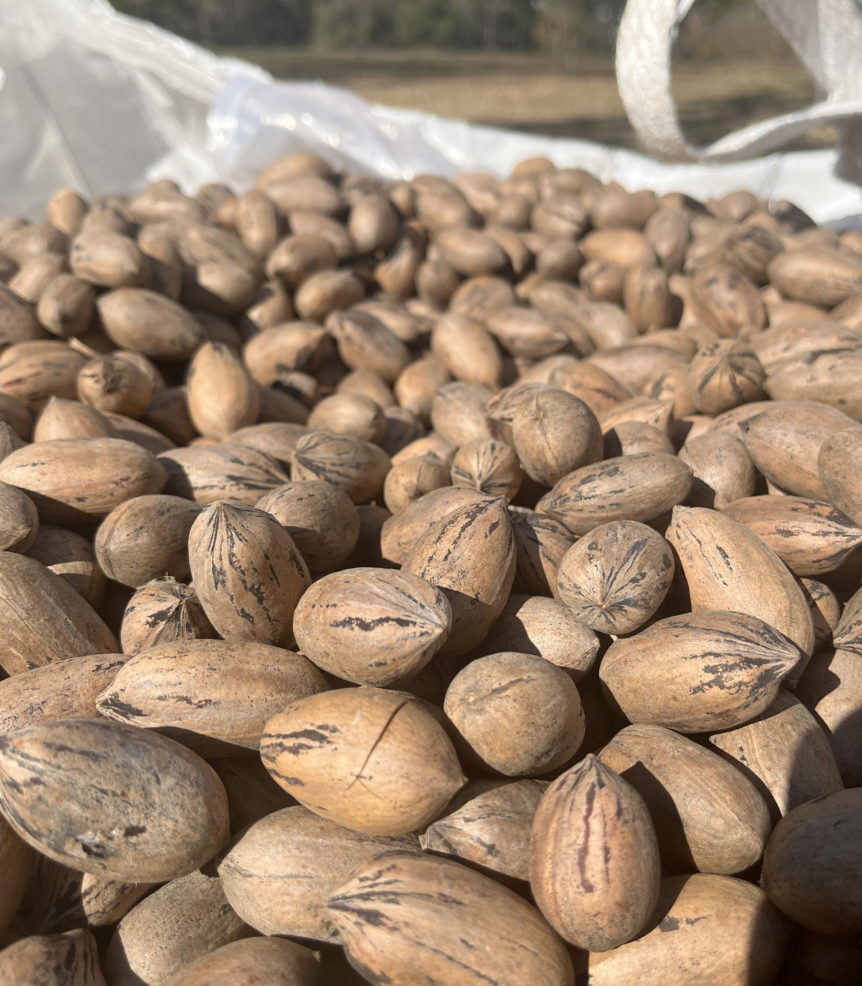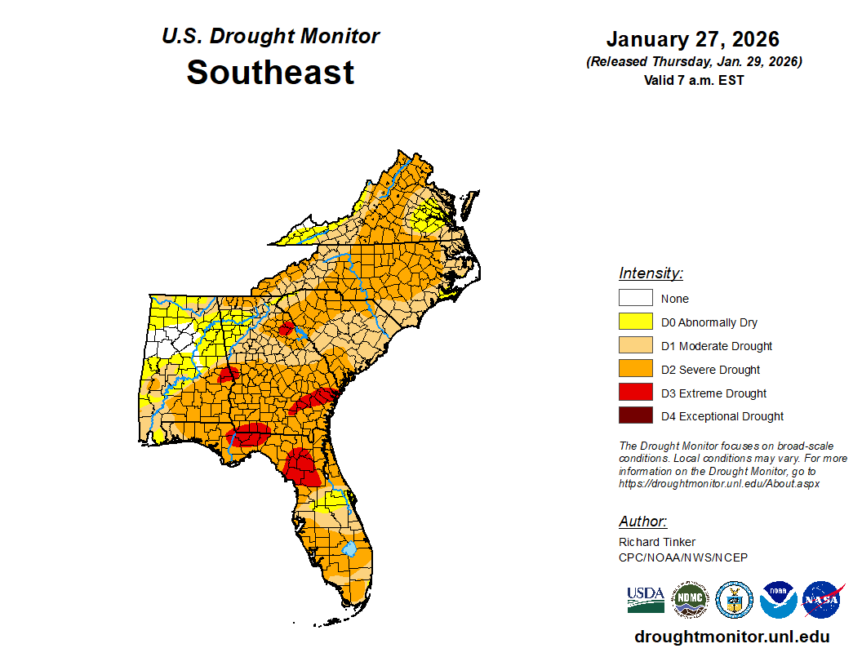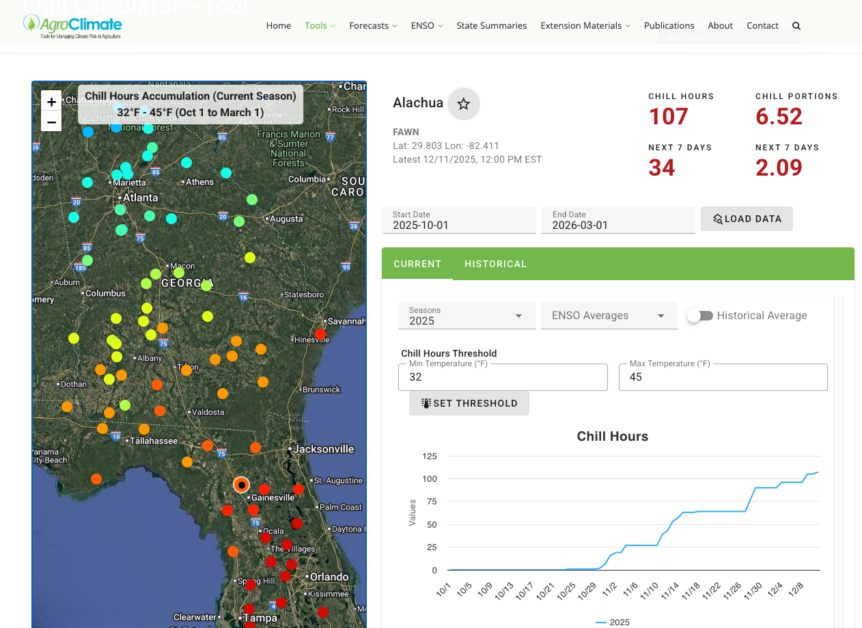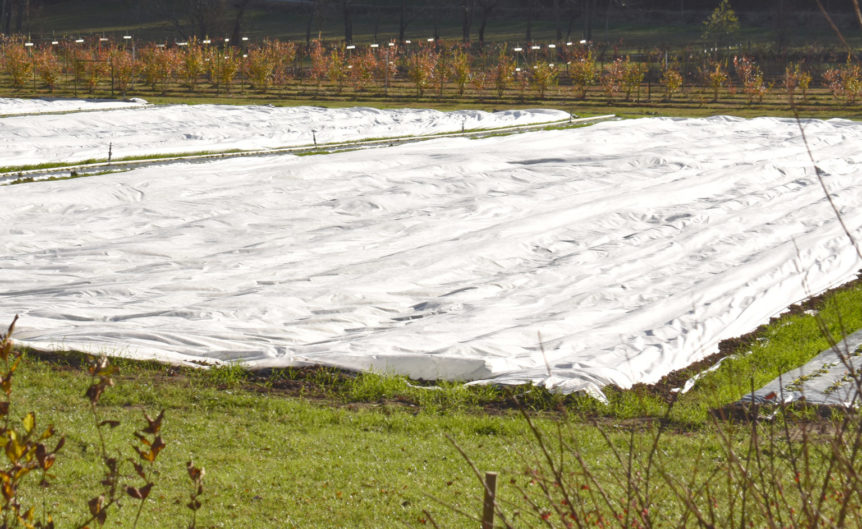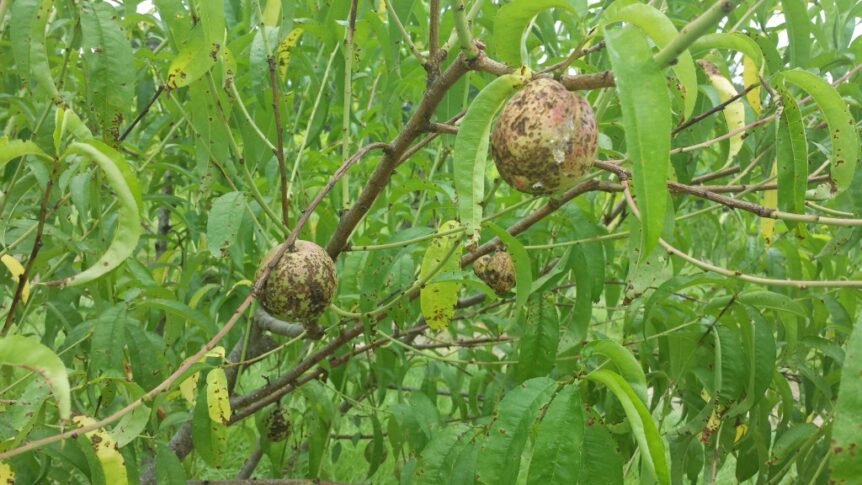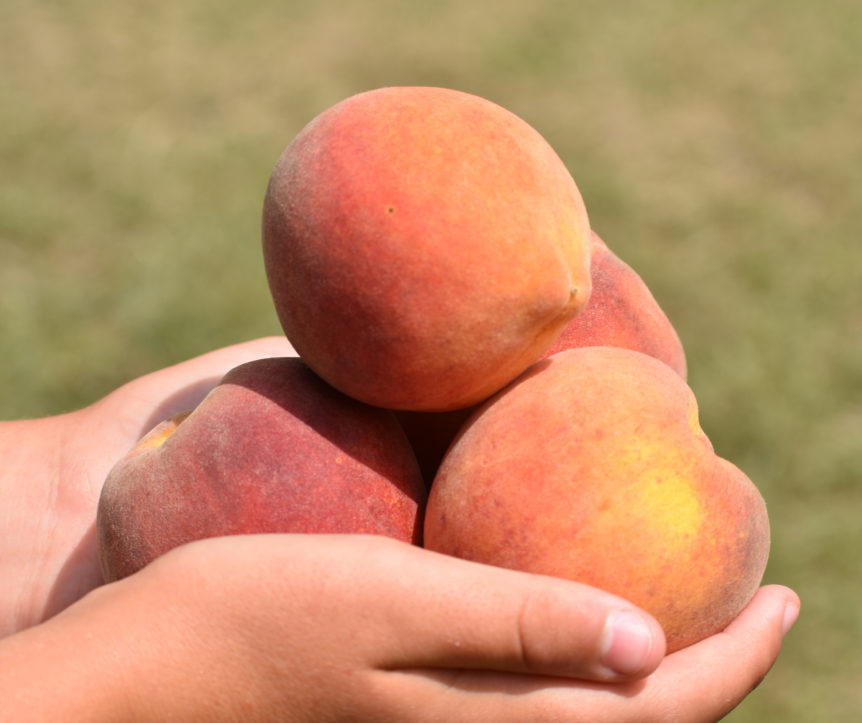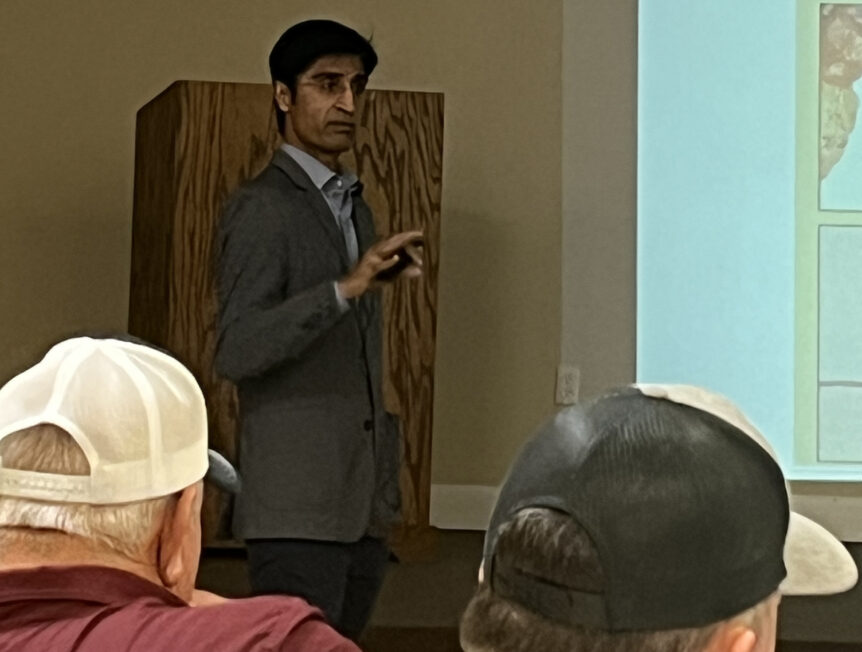By Clint Thompson The Adverse Effect Wage Rate (AEWR) was designed to avoid having an adverse effect on American farmers. That has not been the case, however. It’s a message that those in the agricultural industry voiced to legislative leaders amid spiraling AEWR wages used to pay workers in the H-2A program. It ultimately led the Department of Labor to …
Georgia Citrus Grower Optimistic After Freeze
A South Georgia citrus producer is upbeat after last weekend’s winter storm, which brought plunging temperatures and blistery wind conditions, threatened his grove. Jaime Patrick of Patrick Farms in Omega admitted it would still be a few days before he had a clearer view of the overall impact from the freeze. But he is optimistic. “It’s going to take us …
UGA Extension Hosting Pecan Meetings
By Clint Thompson University of Georgia (UGA) Extension is currently hosting its annual pecan meetings, which follow last season’s harvests. Lenny Wells, University of Georgia Extension pecan specialist, discussed what UGA experts are highlighting during the meetings held at various pecan-producing counties across South Georgia. “We’ll be talking about what happened last year. We’ll be talking some about the normal …
Drought Update: Extreme Conditions Observed in Florida, Georgia and Alabama
By Clint Thompson According to the U.S. Drought Monitor, dry areas still encompass much of the Southeast region, especially in North Florida, South and Central Georgia and Southeast Alabama. Florida Extreme conditions are seen in a couple of areas in northern Florida. One area includes all or part of Jackson, Calhoun, Liberty, Gadsden, Leon, Wakulla and Jefferson counties. The area …
Specialty Crop Grower Magazine: Tools to Track Peach Chill
By Frank Giles When the weather cooperates in winter and spring, peach growers celebrate the good fortune. Chill hours and chill portions are a good way to measure that progress. But that’s not always an easy task with so many variables that can come into play. Dario Chavez, associate professor in peach and citrus breeding genetics and genomics with the …
UGA Extension Agent Discusses Row Covers Ahead of Frigid Weekend
By Clint Thompson Looming frigid temperatures this weekend across the Southeast means strawberry growers need to consider implementing row covers to protect this year’s crop. Jeff Cook, University of Georgia Cooperative Extension agriculture and natural resources agent for Peach and Taylor counties, is recommending his growers put row covers on ahead of temperatures that are expected to drop into the …
Worst in Last 20 Years: Bacterial Spot in Peaches Devastating in 2025
By Clint Thompson Bacterial spot disease was problematic for Georgia peach producers in 2025. In fact, one industry expert believes it was the worst it has been in about two decades. “It’s the worst bacterial spot year that we’ve had in about 20 years. We’ve had other years that were like this, but these are just devastating when you look …
Budget Highlights Second Week in Georgia’s Legislative Session
By Clint Thompson Budget was the theme of the second week of the 2026 Georgia Legislative Session. Georgia Agribusiness Council (GAC) President Will Bentley highlighted the budgetary focus. “We just wrapped up week two of the legislative session. The second week is always budget week, joint House and Senate Appropriation Committees met where they heard from Gov. (Brian) Kemp and …
Georgia Chill Hour Update: Slow Start to 2026 But Still in Good Shape
By Clint Thompson Georgia’s chill hour accumulation is currently lagging behind last year’s totals, due to a slow start in January. The state is still in good shape, however, according to Jeff Cook, University of Georgia Cooperative Extension agriculture and natural resources agent for Peach and Taylor counties. “We were 80 hours ahead and then after the Southeast Regional Fruit …
Chilli Thrips Update for Georgia Blueberry Producers
By Clint Thompson The fear of the unknown is what makes chilli thrips a dangerous threat to Georgia blueberries. Chilli thrips were first confirmed in Georgia four years ago and have been observed in multiple counties since then, though Ash Sial, University of Georgia (UGA) entomologist, believes the list of counties is much larger. Sial highlighted chilli thrips and their …











